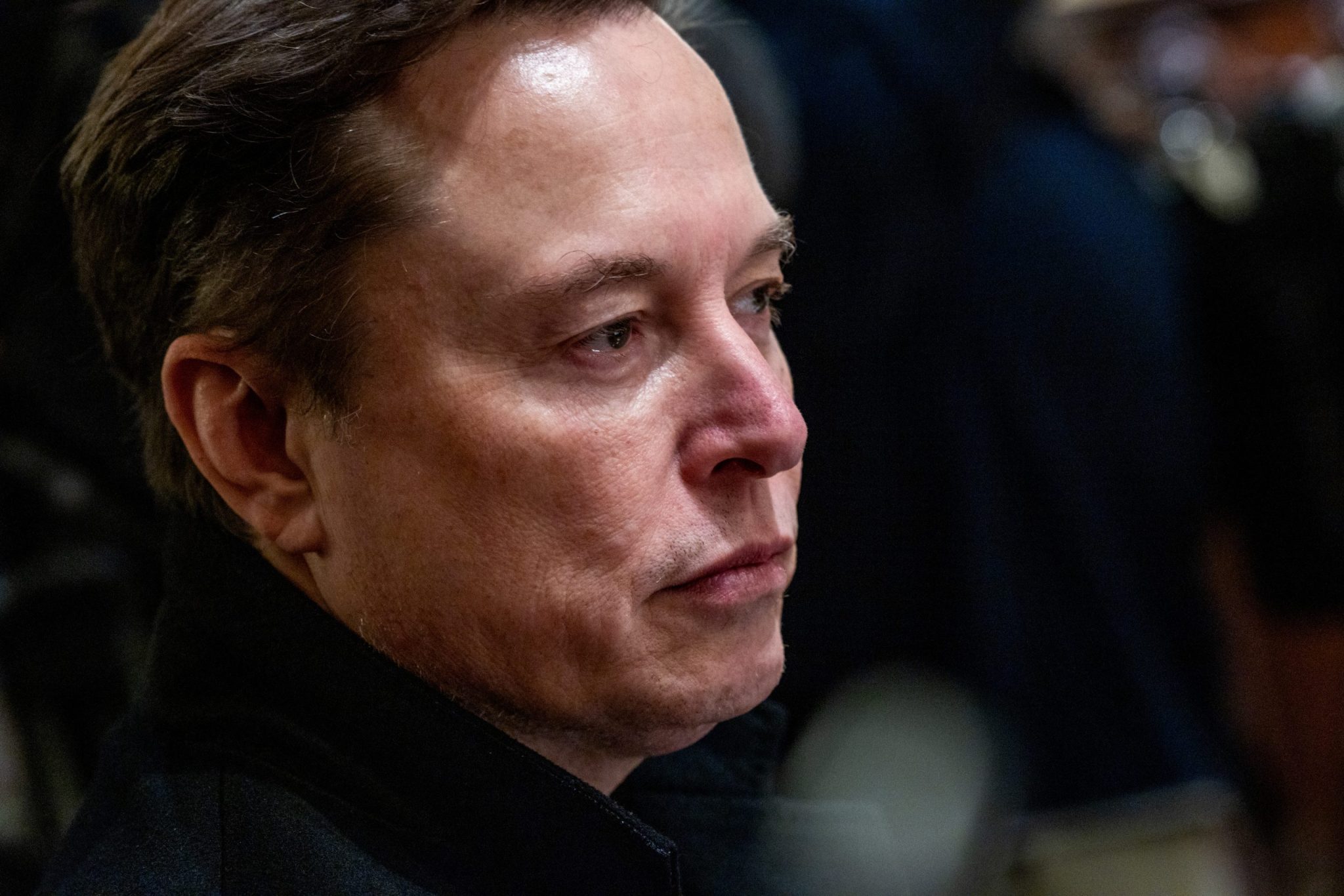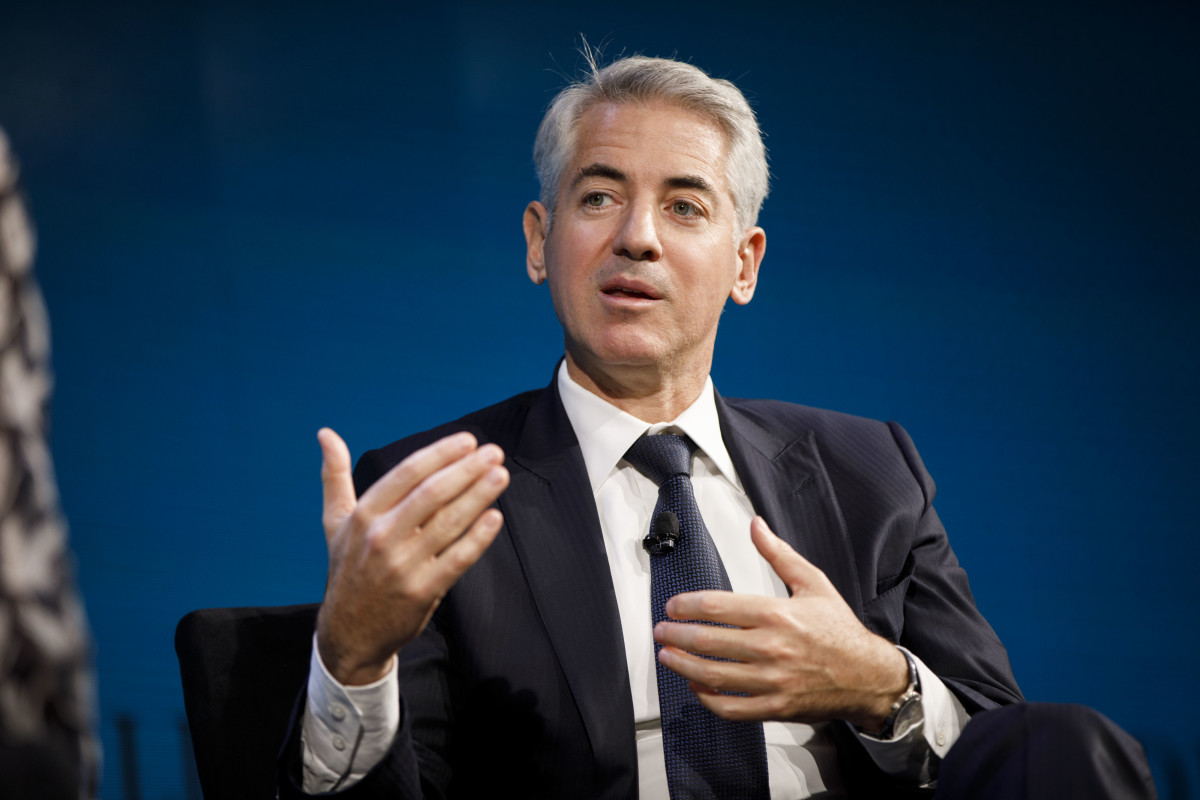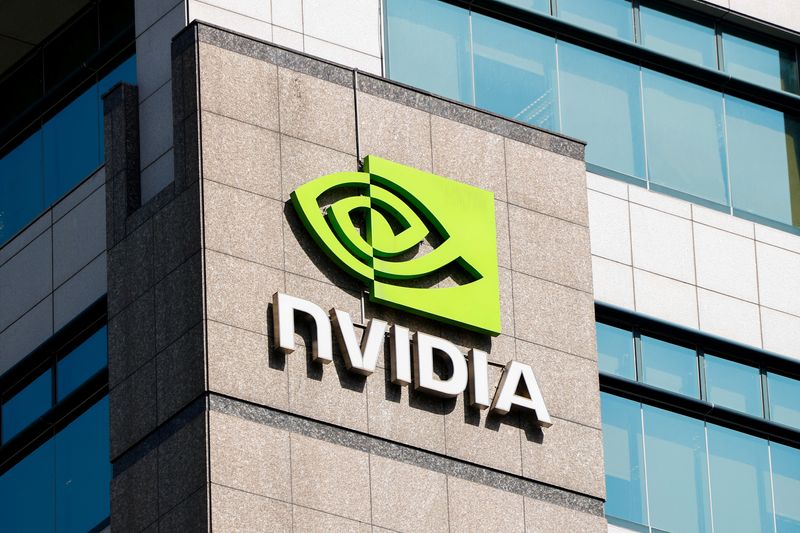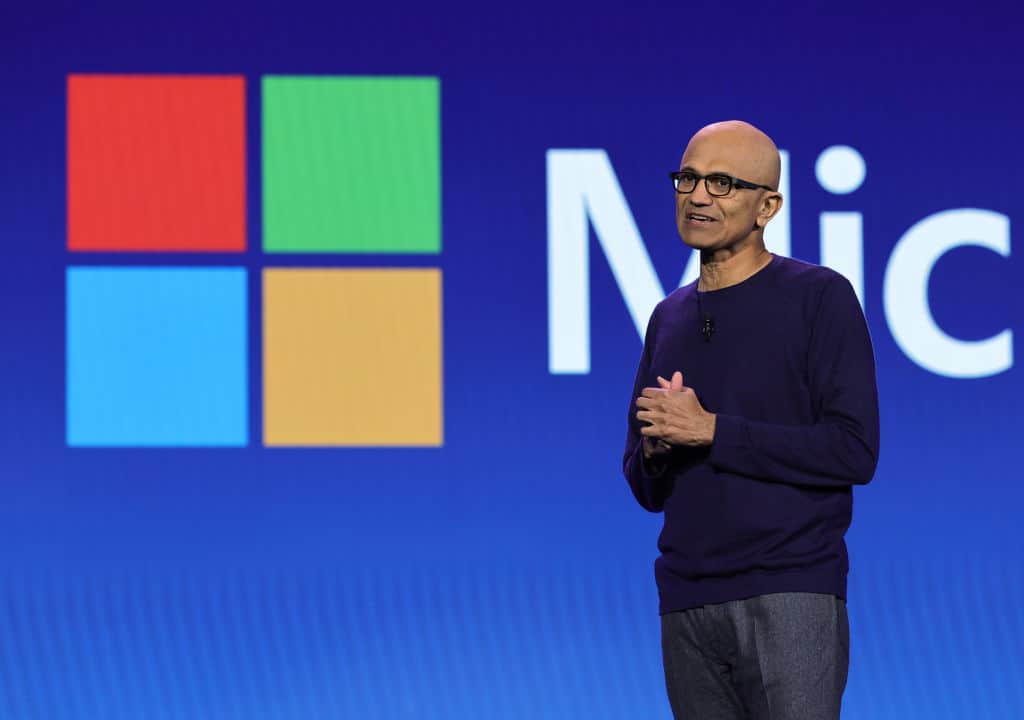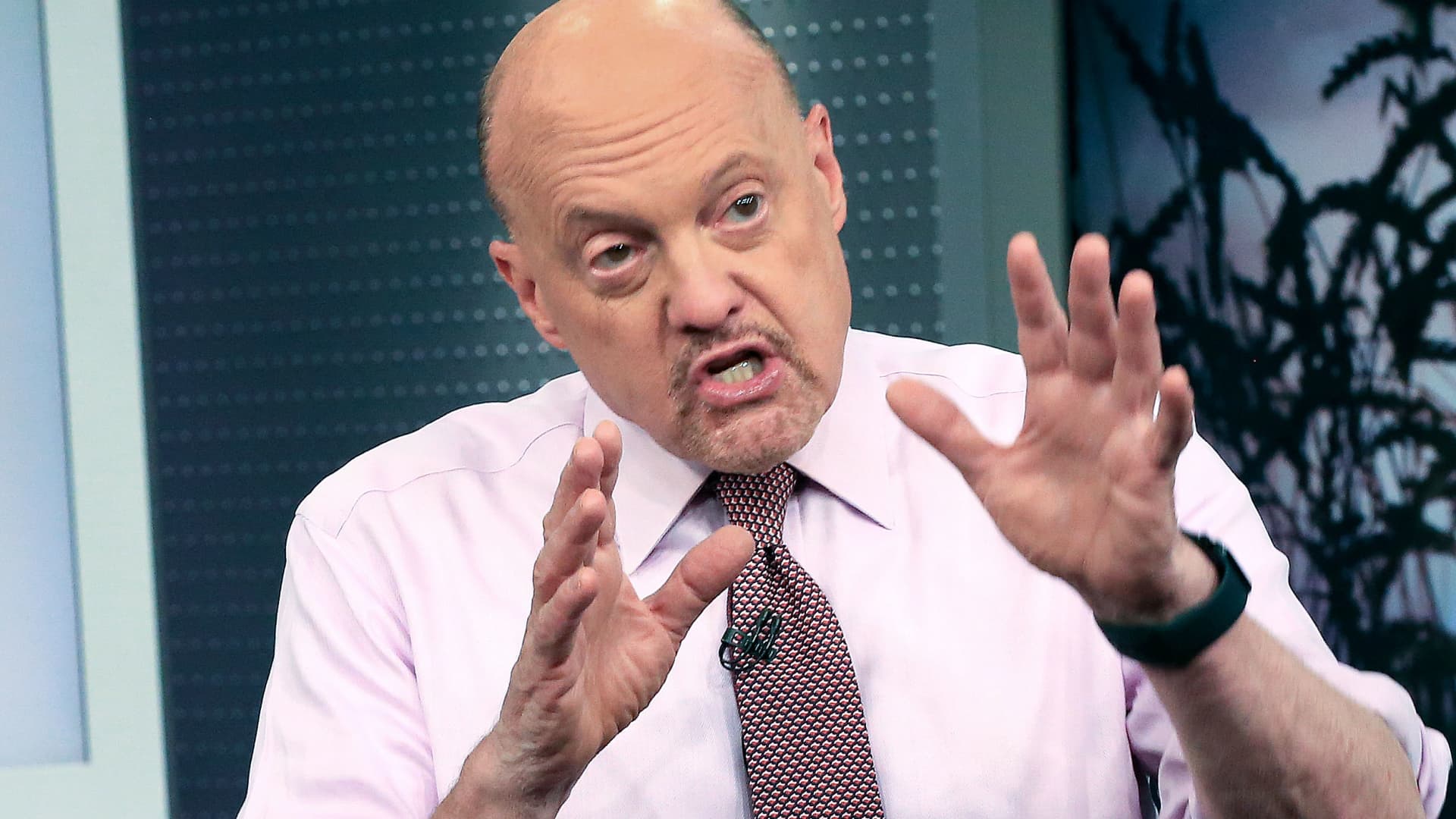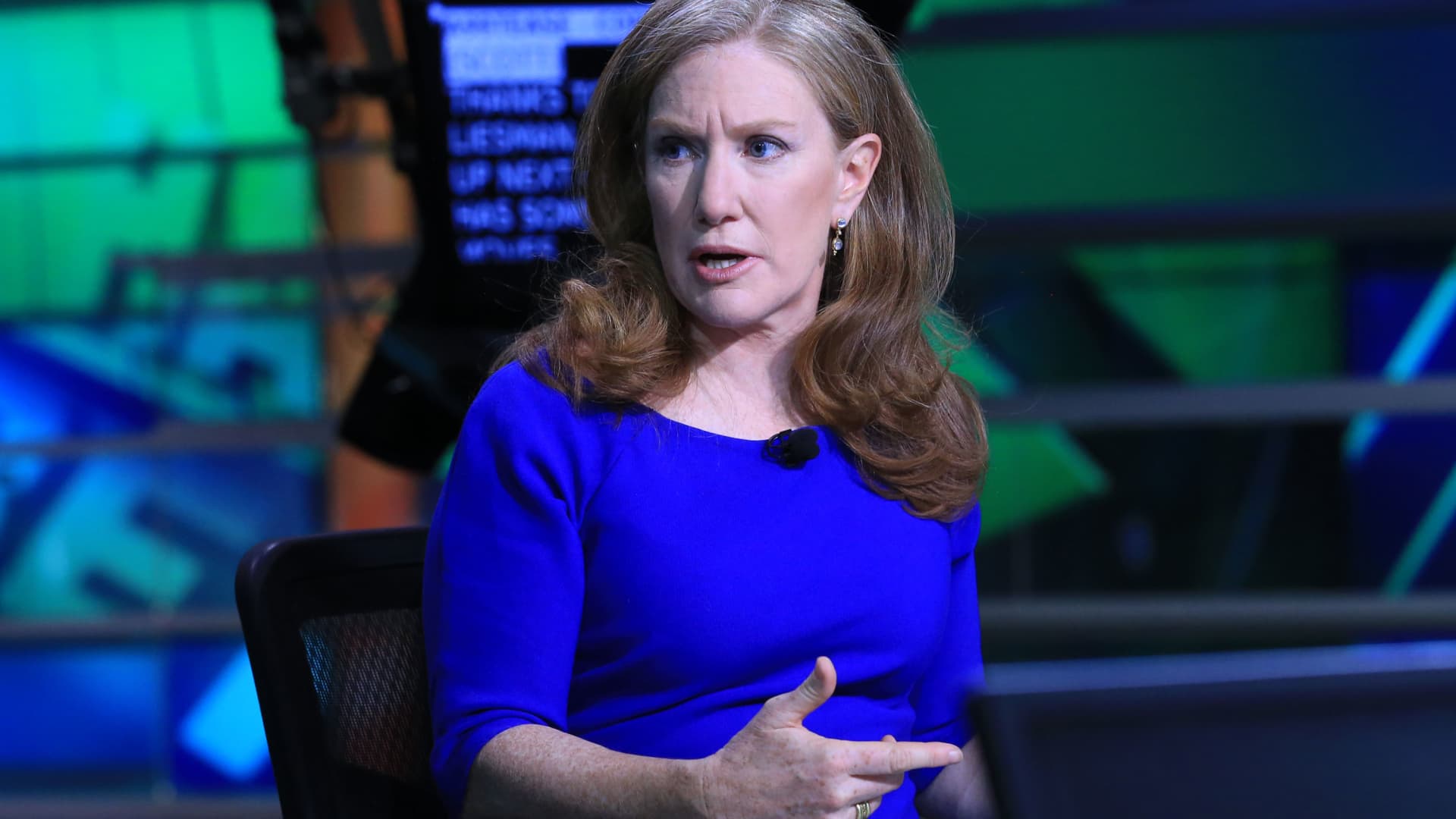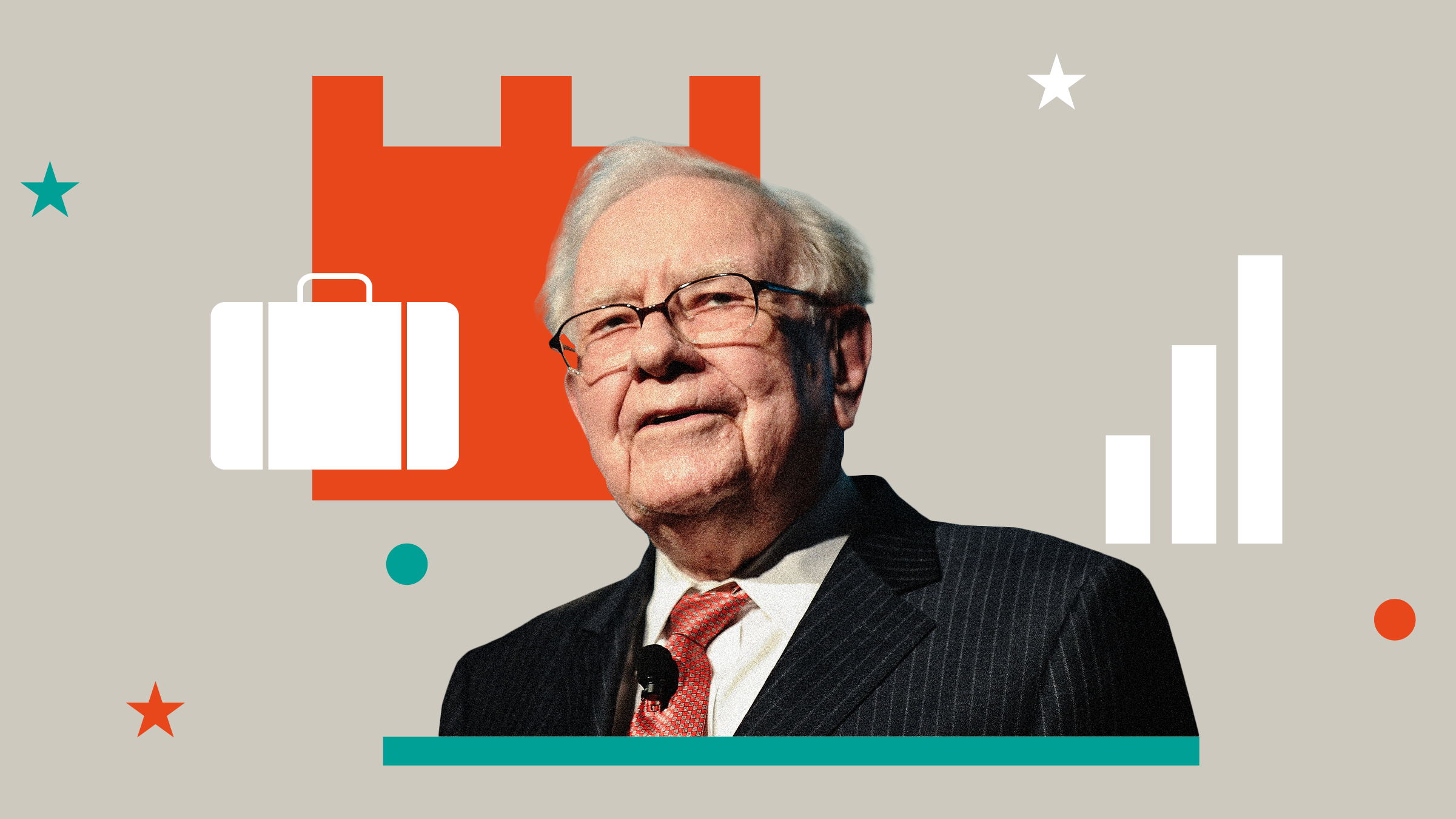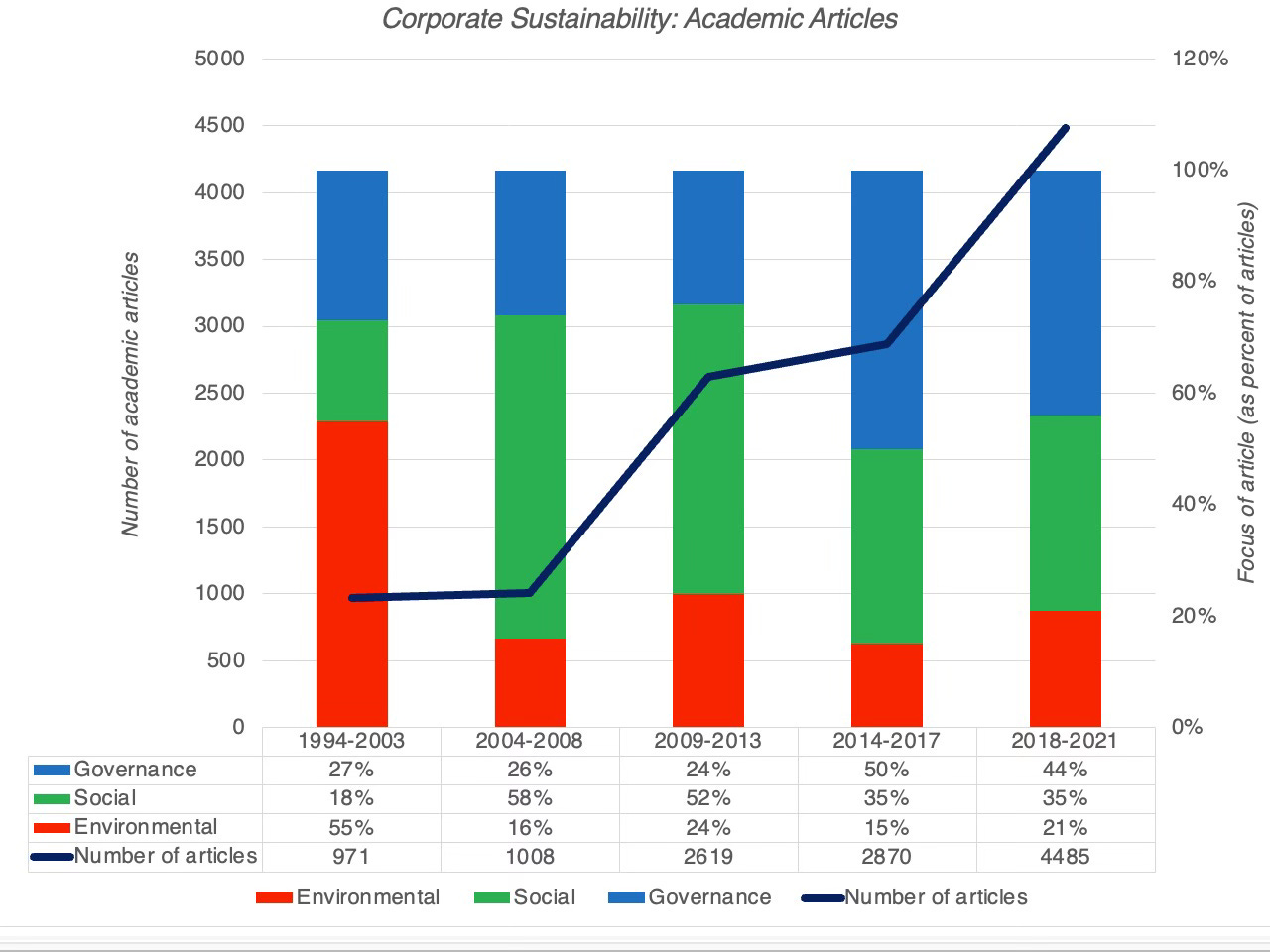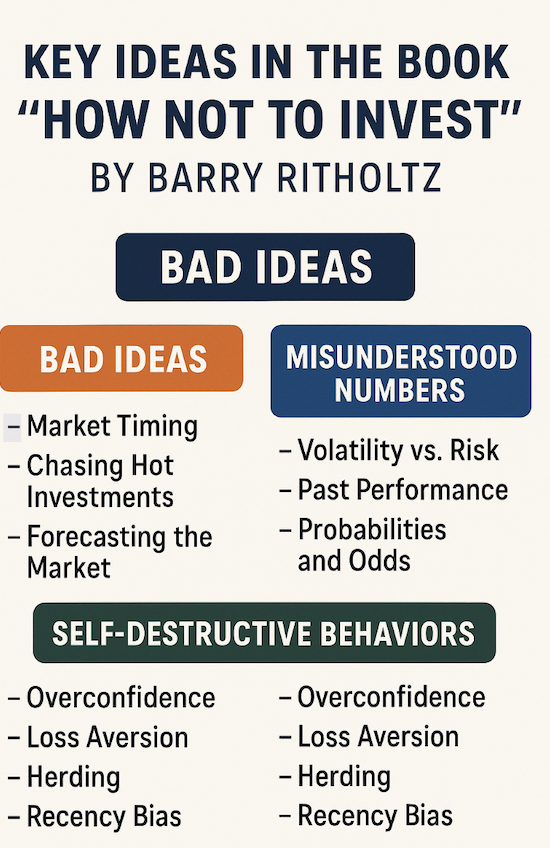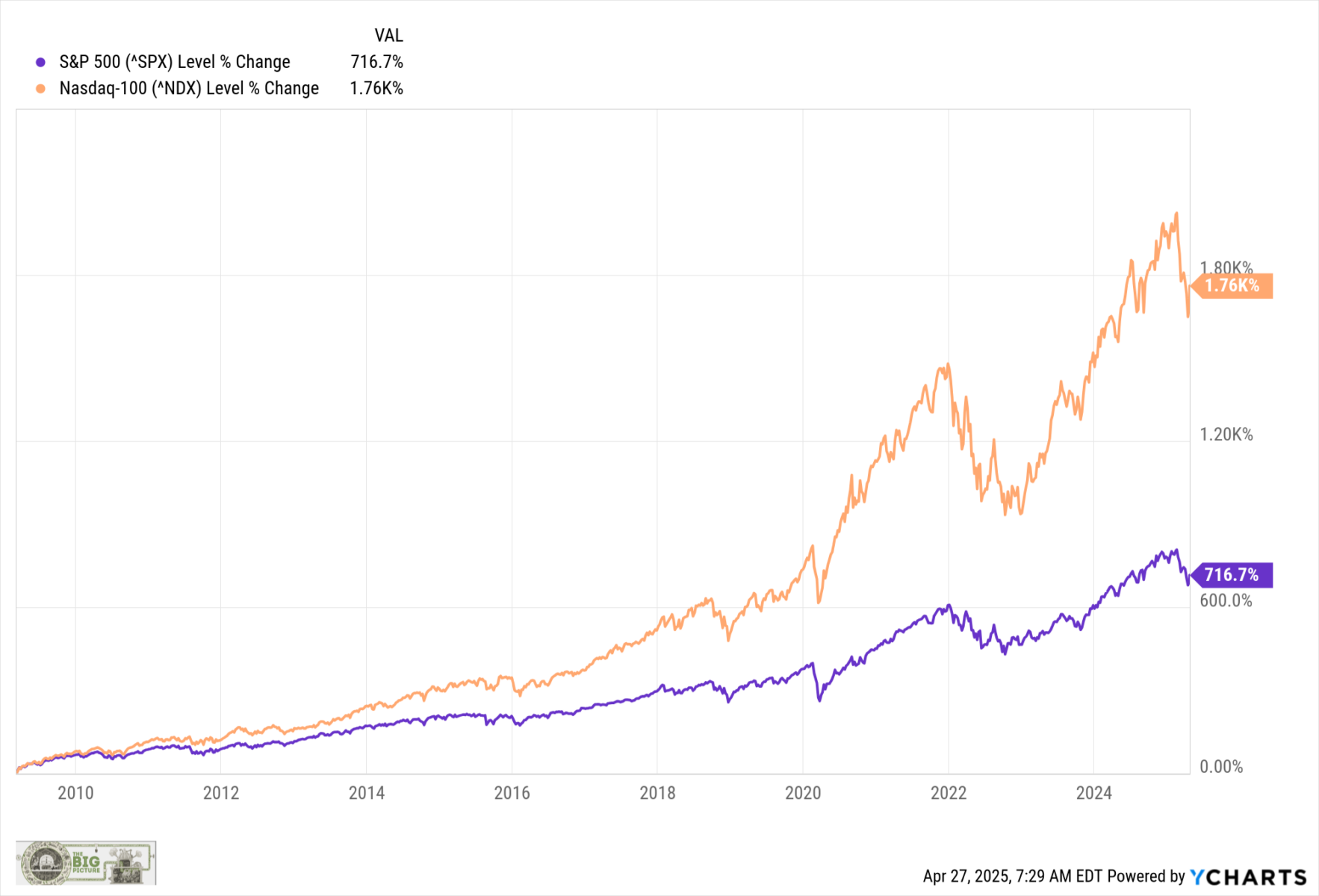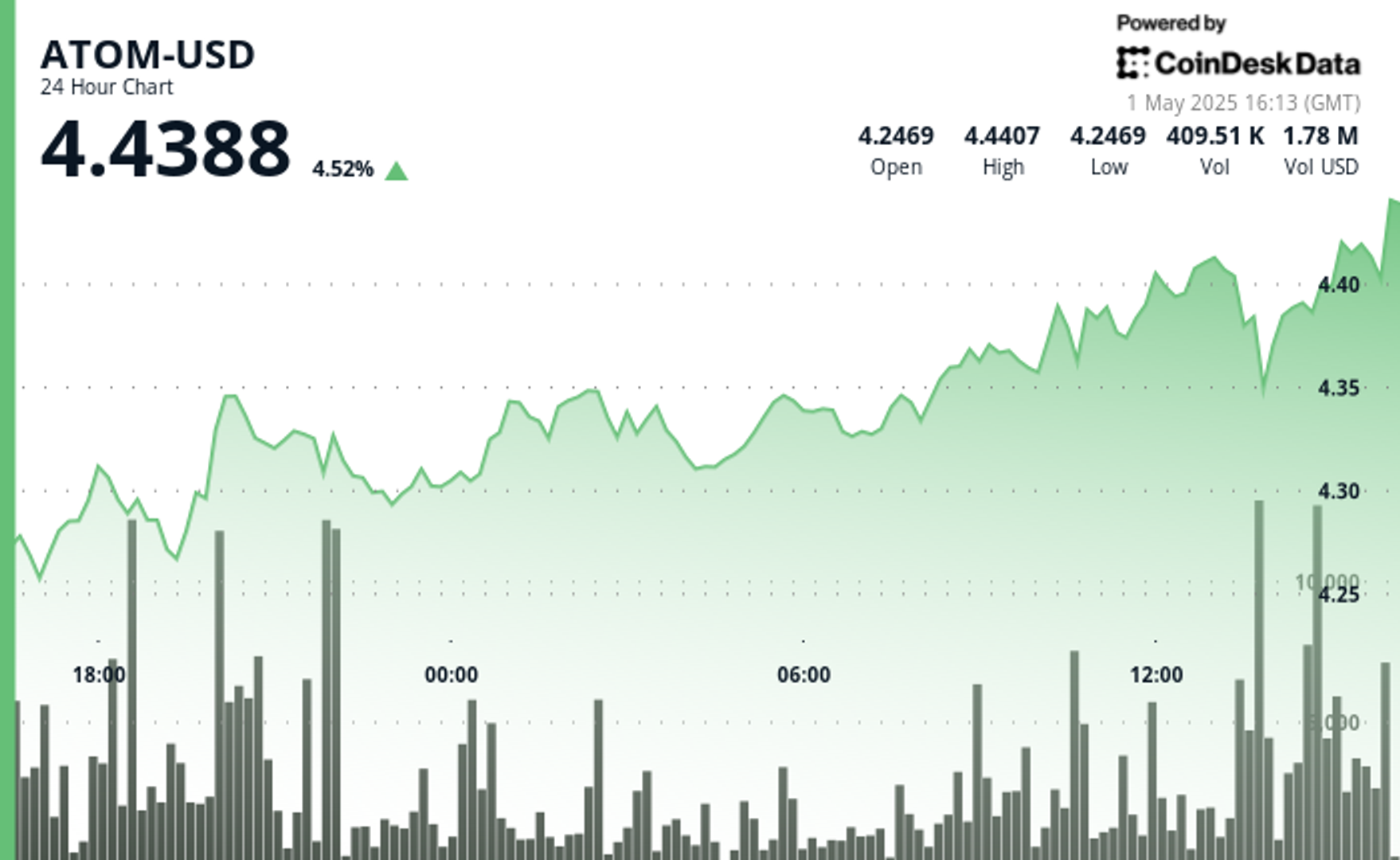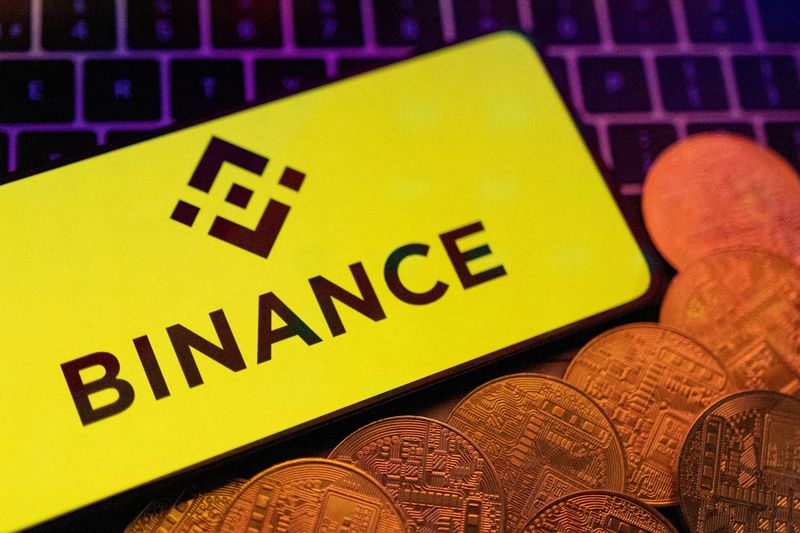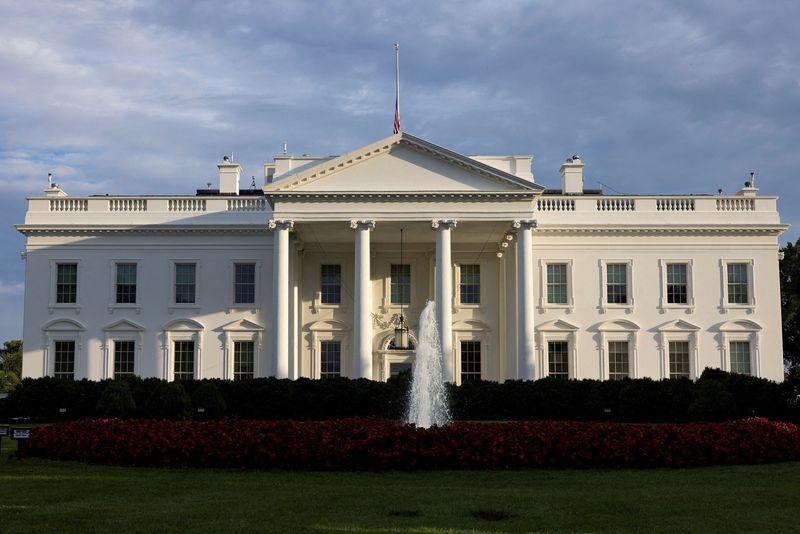Not all degrees are worthless: These universities give you the highest odds of becoming a multimillionaire
If return-on-investment is a top priority for your college experience, you may want to consider one of these universities, where Gen Z grads can earn over $4 million in accrued earnings—and it's not Harvard.

- Despite Mark Zuckerberg slamming the worth of degrees, Gen Z could earn over a million dollars just a few years after graduating—as long as they go to the right university, according to a new analysis of the ROI of over 4,000 schools.
Higher education is under the microscope—not only for its battles with the federal government but also because of students’ long-time-coming frustrations with the worthiness of college.
Thanks to a rocky job market, in-demand skills realignment, and skyrocketing cost of attending school, nearly half of Gen Z and millennials have gone so far as to call their degrees a “waste of money.”
However, a return on investment (ROI) analysis from Georgetown University of 4,600 colleges across the country, post-graduate studies have confirmed what most already assume: Much of a postgraduate's success comes down to the school name on their diploma. But it's not the Ivy Leagues like Harvard with necessarily the best bang-for-your-buck.
Graduates of the University of Health Sciences & Pharmacy in St. Louis and Harvey Mudd College in California on average have the highest ROI over 40 years—with the average grad having by then accrued over $4.5 million. The schools are health and STEM focused, respectively.
More well-known colleges topped the list, too. Within 10 years of obtaining a bachelor’s degree, graduates of top tech schools like California Institute of Technology (CalTech), Massachusetts Institute of Technology (MIT), and Stanford University will have earned over $500,000 thanks to their degree—with millions more earned with each decade.
The top 10 universities—if you want a return on your steep investment
Within a decade of graduating with a bachelor’s degree, these are the top universities with the highest ROI:
- California Institute of Technology ($627,000)
- Massachusetts Institute of Technology ($579,000)
- Stanford University ($509,000)
- University of Health Sciences and Pharmacy in St. Louis ($502,000)
- Albany College of Pharmacy and Health Sciences ($492,000)
- Franklin W Olin College of Engineering ($483,000)
- Princeton University ($477,000)
- Harvey Mudd College ($476,000)
- United States Merchant Marine Academy ($453,000)
After 40 years, the potential to be a multimillionaire as a graduate of certain universities is high, with the best ROIs being at:
- University of Health Sciences and Pharmacy in St. Louis ($4,562,000)
- Harvey Mudd College ($4,506,000)
- Massachusetts Institute of Technology ($4,484,000)
- Albany College of Pharmacy and Health Sciences ($4,447,000)
- MCPHS University ($4,239,000)
- Franklin W Olin College of Engineering ($4,160,000)
- Princeton University ($3,949,000)
- University of Pennsylvania ($3,920,000)
- California Institute of Technology ($3,903,000)
- Stanford University ($3,872,000)
The analysis took post-college earnings data and tuition costs from the U.S. Department of Education’s College Scorecard, and despite debt not being included in the calculations, the report authors said the ROI numbers in reality are likely to be much higher.
“This is a very conservative approach, and because earnings actually tend to grow with age, our estimates of ROI can be assumed to be at the lower end of possible outcomes,” the researchers wrote.
At some schools, like the Manhattan School of Music, the Pennsylvania Academy of the Fine Arts, and Hussian College-Los Angeles, it can take upwards of 15 years to have a positive ROI from a college degree, according to the Georgetown data.
CEOs say students can skip unaffordable higher education and still be successful
The tuition and fees at public and private universities have increased on average 32–41% over the last two decades, according to U.S. News. Many top institutions, including Harvard, Princeton, and Columbia, have recently announced free tuition for families earning less than a certain threshold.
Beginning this upcoming academic year at MIT, students whose family income is less than $200,000 will be able to attend the institution tuition-free. But with just over 1,000 undergraduates admitted each year—and a 4.5% acceptance rate—in reality, not many students get to experience this cost efficiency.
But still, countless CEOs are claiming that talented young people may not even need a degree to land the job of their dreams these days.
Mark Zuckerberg, who is famous for having dropped out of his undergraduate years at Harvard University, said earlier this week on Theo Von’s podcast that colleges are no longer setting students up for success by not prioritizing career opportunities.
“I’m not sure that college is preparing people for the jobs that they need to have today. I think that there’s a big issue on that, and all the student debt issues are…really big,” Zuckerberg said.
The billionaire added that moving forward, he expects less people to need to go to college if they are able to obtain their skills elsewhere.
The CEO of Great Place to Work, Michael Bush, confirmed that Zuckerberg’s prediction is already a reality.
“Almost everyone is realizing that they’re missing out on great talent by having a degree requirement,” Bush told Fortune. “That snowball is just growing.”
Well-known companies the likes of Apple, Microsoft, and IBM have all eliminated their long-held degree requirements for jobs and brought on workers based on their exceptional skill sets.
“That has helped people realize it’s not that important,” Bush added. “It hasn’t been somebody woke up and realized, hey, maybe there’s a lot of talent that doesn’t have degrees.”
This story was originally featured on Fortune.com











